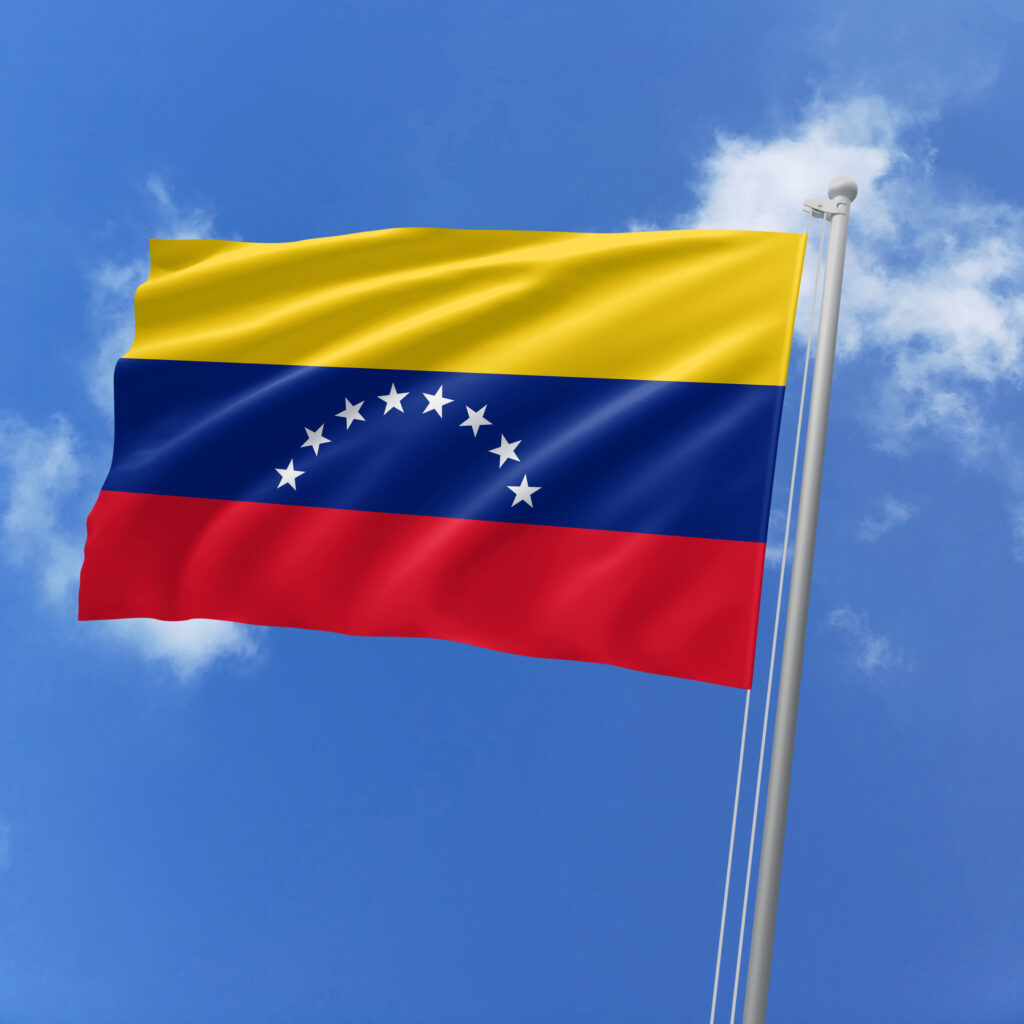(Oil Price)– Venezuela’s crude and fuel exports fell in July by some 10% from June to average 727,000 barrels per day (bpd), as Chevron and other partners of state oil firm PDVSA were waiting for U.S. authorizations to resume operations and exports that were prohibited in May.
Venezuela also exported about 227,000 metric tons of oil by-products and petrochemicals last month, roughly the same volume as in June, according to PDVSA documents and vessel-tracking data Reuters has compiled.
China had the largest share of Venezuela’s oil exports in July, at a whopping 95%, while Western firms, including U.S. supermajor Chevron, were awaiting special limited U.S. licenses to resume operations.
Last week, the Trump Administration granted Chevron a sanction exemption for its operations in Venezuela but only on the condition that no money from these operations would go to the Venezuelan government.
“Since our license changed in May, we’ve been engaged with the US government working closely with the administration to ensure our compliance with our country’s policies towards Venezuela,” Chevron’s CEO Mike Wirth said on the company’s earnings call on Friday.
“This month, it looks like there will be a limited amount of oil that will begin flowing to the US from the Venezuela operations that we have an interest in consistent with US sanctions policy. And crude from Venezuela is sought after and very valuable to US Gulf refiners that are specifically built to process heavy grades like that and so it serves as a reliable source of supply for the American economy.”
Before the previous license was scrapped by the Trump Administration in May, Chevron was producing about 240,000 bpd of oil in Venezuela and exporting most of it to the United States for refining at the Gulf Coast refineries.
Kpler noted in a commentary that the exemption granted to Chevron would result in a price correction for heavy crude grades. The data analytics provider said that the exemption was “expected to help cool the heat in the heavy crude market — albeit arriving somewhat late, as the peak summer demand season is nearing its end.”
“Nevertheless, it introduces upside risk to global supply just as the market is on the brink of shifting into oversupply by late Q3,” Kpler senior crude oil analyst Muyu Xu said.
By Michael Kern for Oilprice.com







